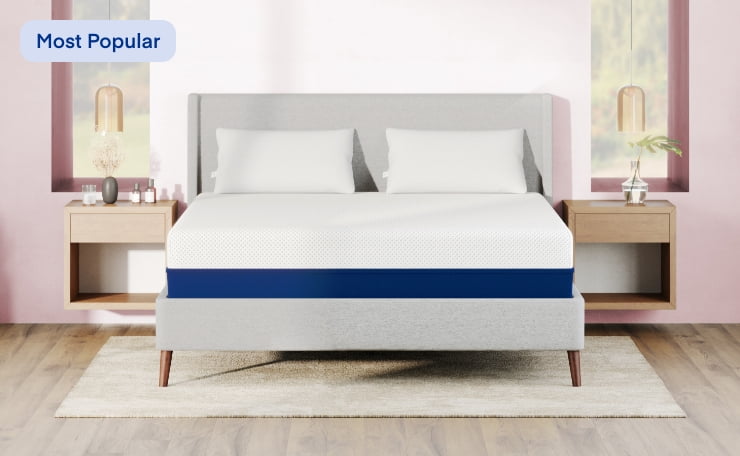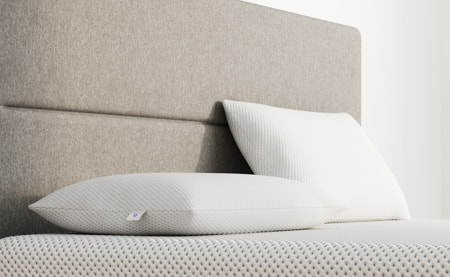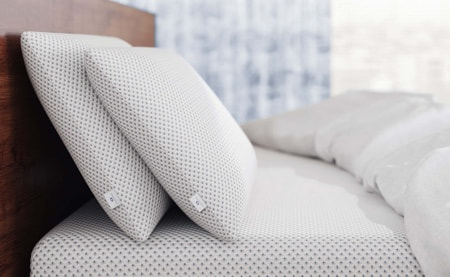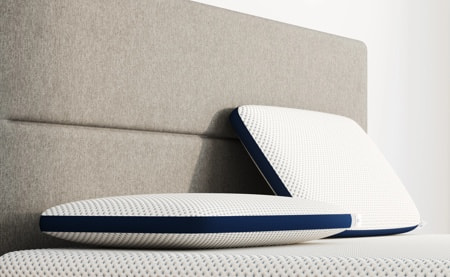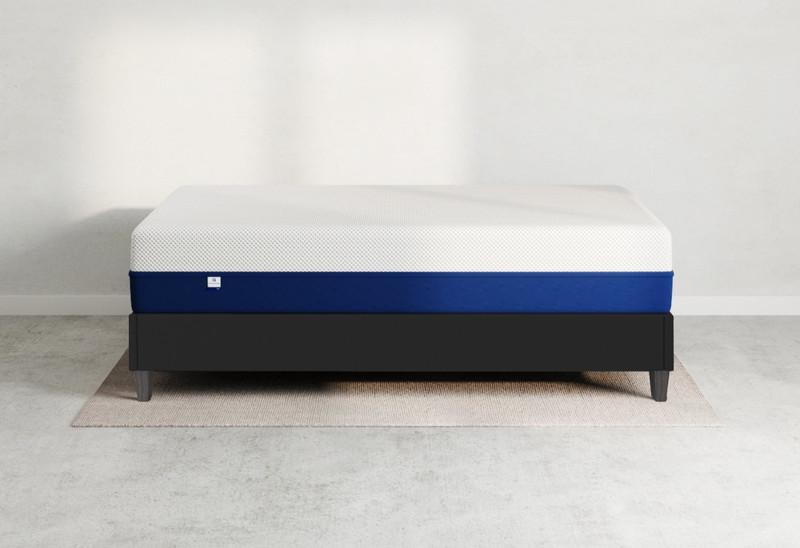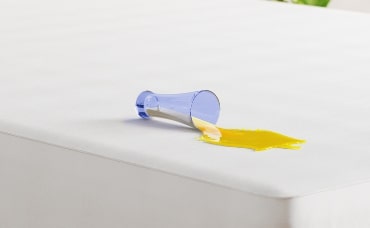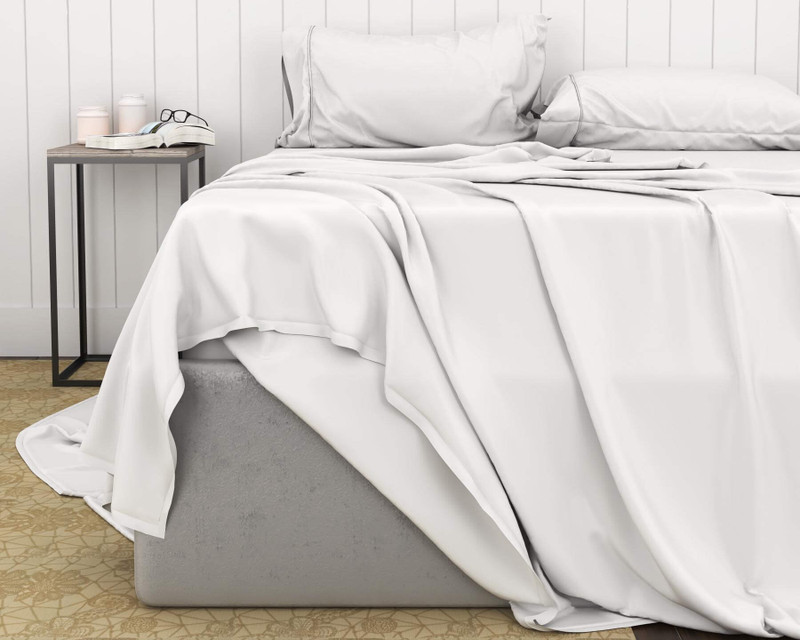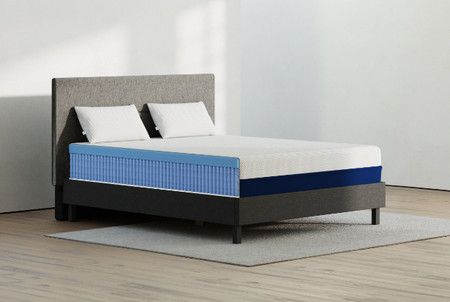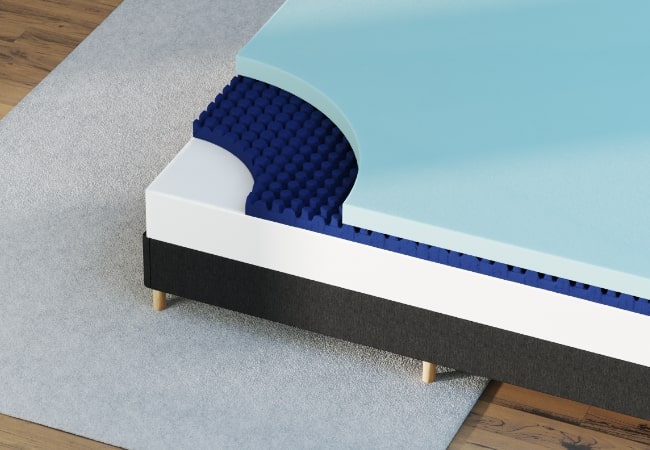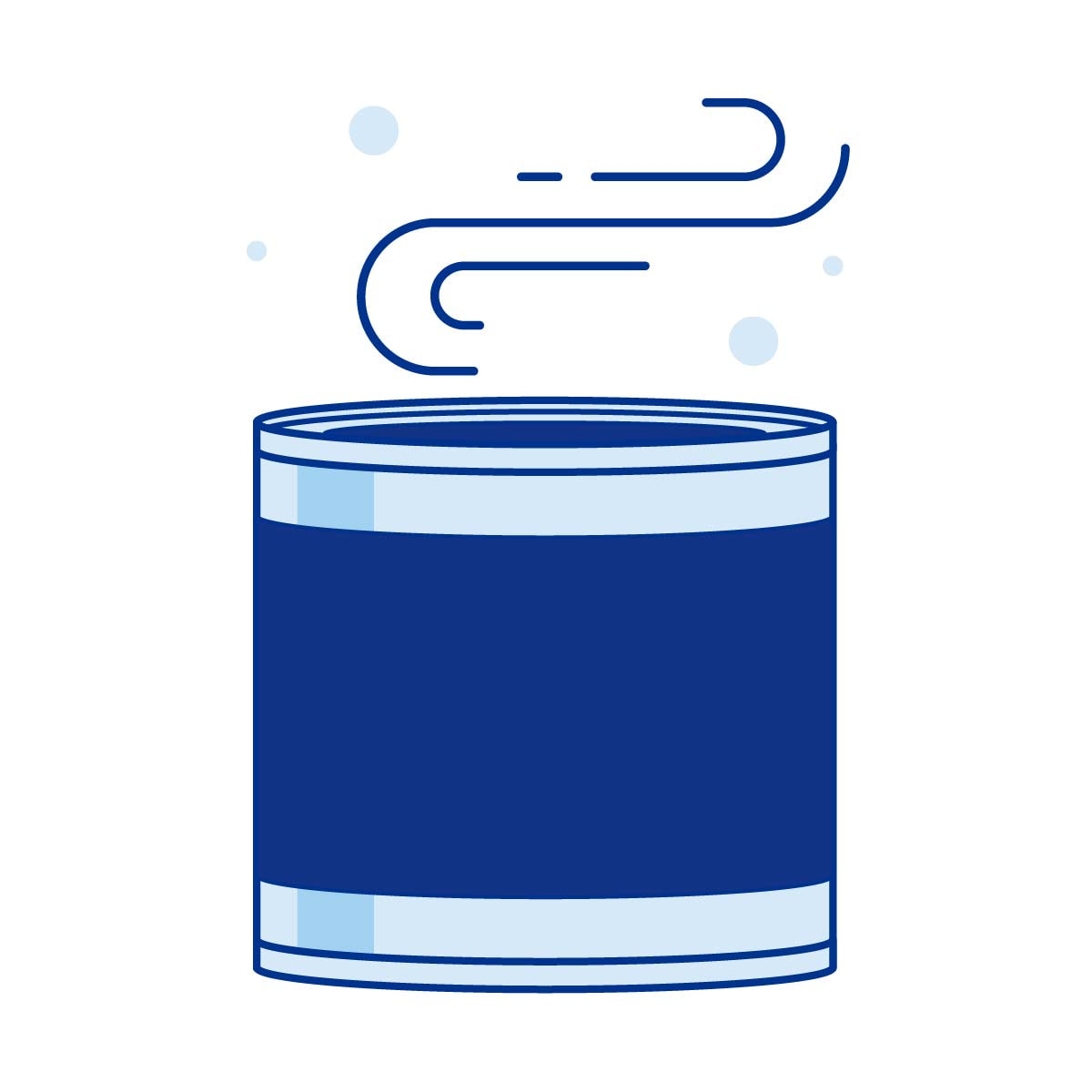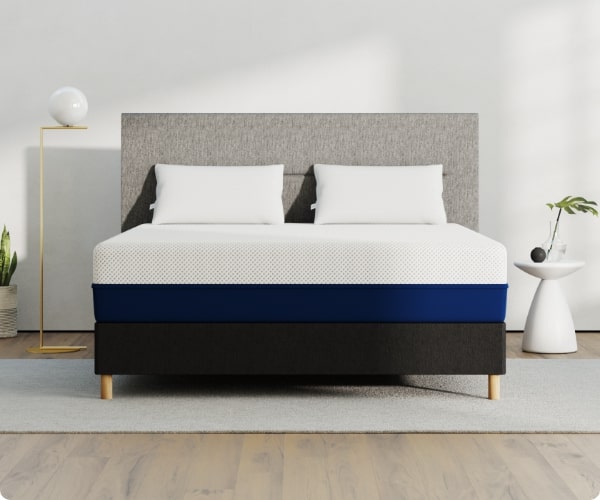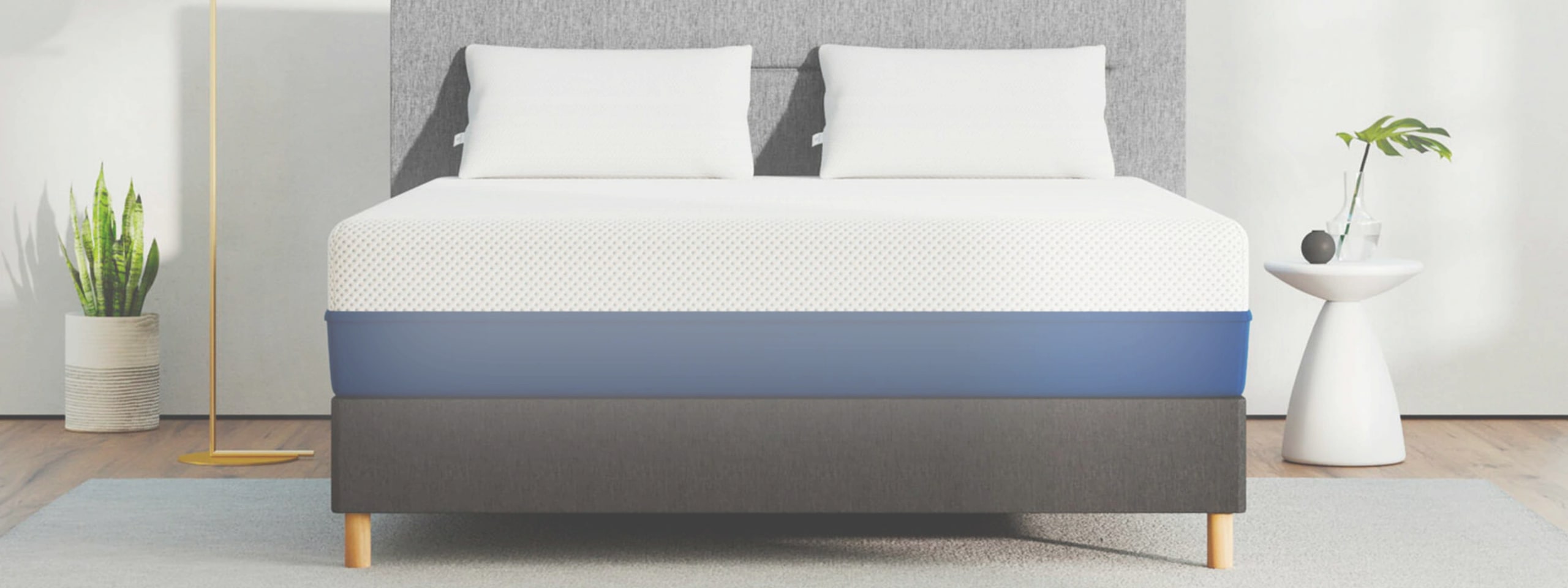Each memory foam mattress brand uses different materials and methods to create their products. That means some have significantly more problems with mattress off-gassing than others.
Research has also connected higher density foams with increased rates of odor complaints. Therefore brands using foam with a density over 6.0lbs will likely smell worse.
However, most mattress brands prefer to limit the information they share about what goes into their products. They claim it is to protect their trade secrets. That also makes it hard for consumers to feel confident they are choosing a relatively chemical-free mattress though.
Looking for certifications from independent organizations like Certi-PUR® can help. Since they independently test mattress foam for VOCs and other chemicals, they give prospective buyers the information they need to make the best choice.
Amerisleep’s memory foam meets CertiPUR-US® standards for content, emissions, and durability, and is analyzed by independent, accredited testing laboratories.
0

